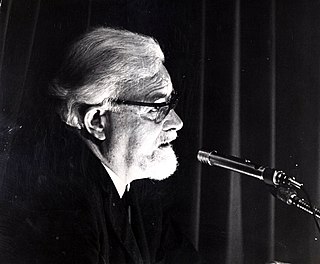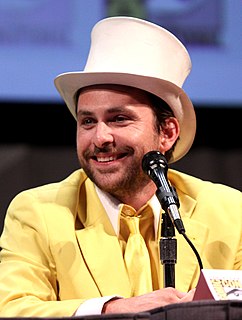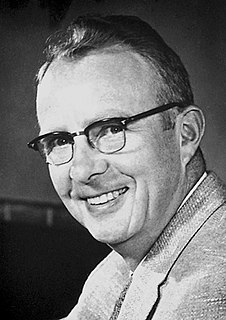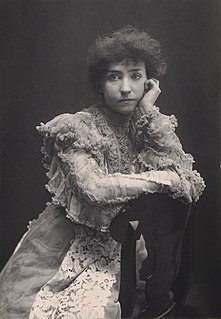A Quote by Francesco Guicciardini
Conspiracies, since they cannot be engaged in without the fellowship of others, are for that reason most perilous; for as most men are either fools or knaves, we run excessive risk in making such folk our companions.
Related Quotes
Our civilization represses not only "the instincts", not only sexuality, but any form of transcendence. Among one-dimensional men, it is not surprising that someone with an insistent experience of other dimensions, that he cannot entirely deny or forget, will run the risk either of being destroyed by the others, or of betraying what he knows.
We find that at present the human race is divided politically into one wise man, nine knaves, and ninety fools out of every hundred. That is, by an optimistic observer. The nine knaves assemble themselves under the banner of the most knavish among them, and become politicians; the wise man stands out, because he knows himself to be hopelessly out-numbered, and devotes himself to poetry, mathematics or philosophy; while the ninety fools plod off behind the banners of the nine villains, according to fancy, into the labyrinths of chicanery, malice and warfare.
Most of us who become experimental physicists do so for two reasons; we love the tools of physics because to us they have intrinsic beauty, and we dream of finding new secrets of nature as important and as exciting as those uncovered by our scientific heroes. But we walk a narrow path with pitfalls on either side. If we spend all our time developing equipment, we risk the appellation of "plumber," and if we merely use the tools developed by others, we risk the censure of our peers for being parasitic.
... most of all the actor will love the boys and girls, the men and women, who sit in the cheapest seats, in the very last row of the top gallery. They have given more than they can afford to come. In the most self-effacing spirit of fellowship they are listening to catch every word, watching to miss no slightest gesture or expression. To save his life the actor cannot help feeling these nearest and dearest. He cannot help wishing to do his best for them. He cannot help loving them best of all.
The men who are not interested in philosophy need it most urgently: they are most helplessly in its power. The men who are not interested in philosophy absorb its principles from the cultural atmosphere around them-from schools, colleges, books, magazines, newspapers, movies, television, etc. Who sets the tone of a culture? A small handful of men: the philosophers. Others follow their lead, either by conviction or by default.







































